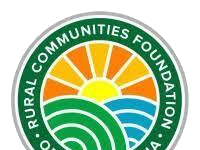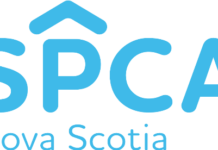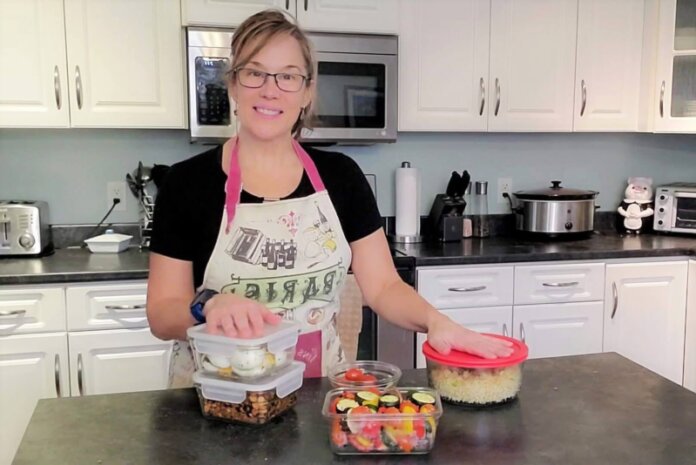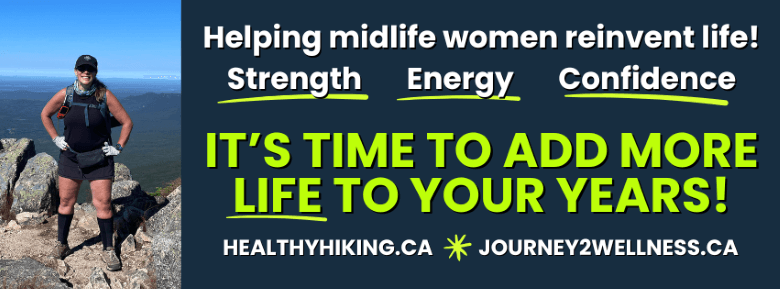This column is sponsored by:
By Deborah Peddle-Hann
“You’re a vegetarian? How do you get enough Protein?”
If you’re a vegetarian or trying to eat more plant-based, you’ve probably heard this. If you aren’t, you may have made the honest mistake and said it! Please note this article does not cover personal choices whether to eat animal protein, as everyone needs to do what feels best for them. This is strictly the science behind the do vegetarians get enough protein debate.
Although many people (especially women) do not get enough protein in general (thanks to old-school high-carb food guides), getting all the protein you need isn’t as challenging as you think, vegetarian or not.
So why is protein so important?
Here’s a quick and useful, science lesson on the difference between a complete and incomplete protein and essential and non-essential amino acids.
Protein is made up of amino acids, which help us:
- Break down food.
- Grow and repair body tissue.
- Make hormones and brain chemicals (neurotransmitters).
- Provide an energy source (1 gram = 4 calories).
- Maintain healthy skin, hair and nails.
- Build muscle.
- Boost your immune system.
- Sustain a normal digestive system.
So, you can see why protein is incredibly important! Amino acids are broken down into two types:
- Non-essential are those that our body can produce, and
- Essential must come from food.
Here’s where the vegetarian vs protein debate begins. Animal sources are be considered a “complete” protein, meaning it has all the essential amino acids. Incomplete protein has some amino acids at varying levels.
This is why people think you need meat in order to get your complete protein.
So, what’s the solution?
There are many vegetarian diets that still include some animal protein, so getting the “complete protein” is not an issue.
- Lacto-vegetarian diets exclude meat, fish, poultry and eggs but dairy products, such as milk, cheese, yogurt and butter, are included.
- Ovo-vegetarian diets exclude meat, poultry, seafood and dairy products, but allow eggs.
- Lacto-ovo vegetarian diets exclude meat, fish and poultry, but allow dairy products and eggs.
- Pescatarian diets exclude meat and poultry, dairy, and eggs, but allow fish.
- Vegan diets exclude all foods that contain animal products. Vegan diets can be beneficial, but education is important. A vegan DIET is different from a vegan LIFESTYLE, where all animal products are avoided.
If you are only eating plant-based protein, don’t worry. It’s still easy for you to still get your complete protein. All you need to do is eat a variety of non-animal protein sources such as nuts, seeds, beans and grains throughout the day to get all your essential amino acids!
For example, rice & beans combined makes complete protein, as does pita and hummus. Beans are high in lysine, but low in methionine (amino acids). Rice is low in lysine, but high in methionine. When you put these foods together, you have the perfect pair!
And finally, it’s important to remember that we also have a few plant-based sources of complete protein such as, quinoa, soybeans (tofu, tempeh, and edamame), amaranth, buckwheat, Ezekiel bread, spirulina, hemp seeds, chia seeds and nutritional yeast.
So, if you are trying to eat more of a plant-based diet, or someone is concerned about getting enough protein, I hope you will have a few tools to help share the facts. Yay science!
Deborah is a fitness and wellness specialist who lives in Fall River. She has recently been selected as one of Halifax’s top personal trainers and nutrition & weight loss specialists.
This column is sponsored by:






















